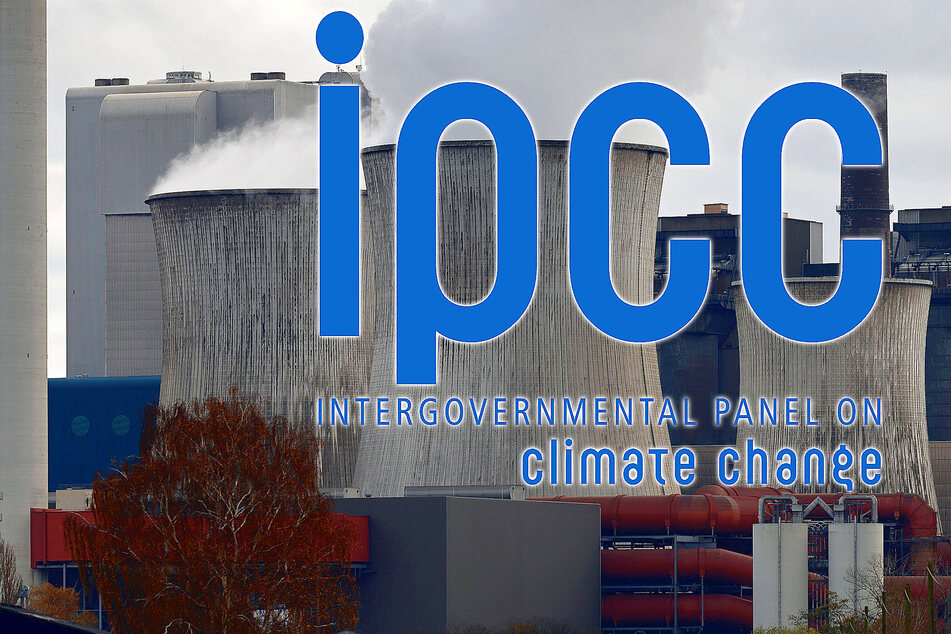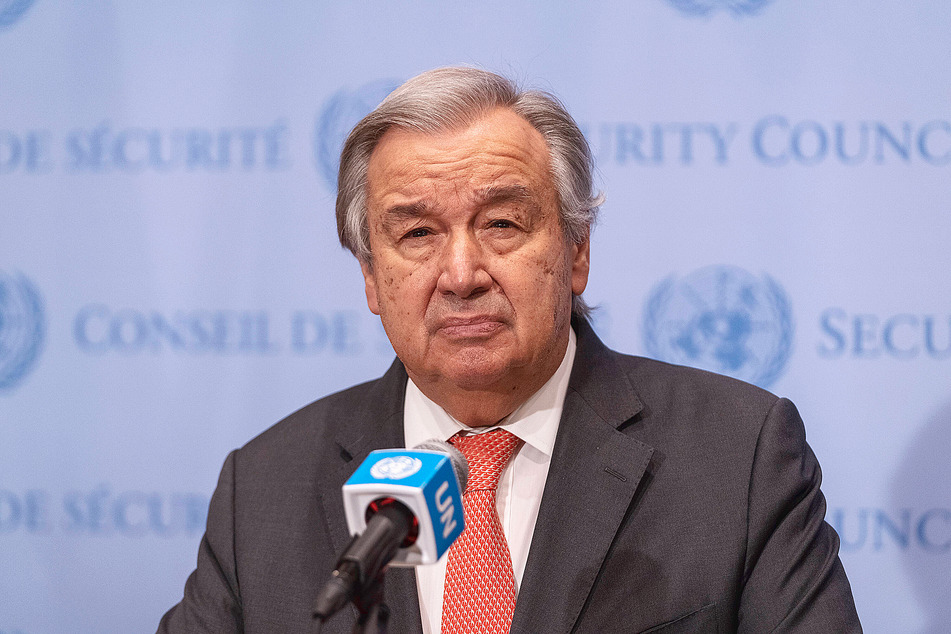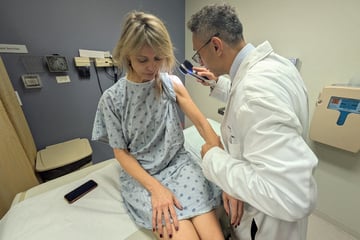IPCC report: UN climate crisis panel calls on world to take action now
Geneva, Switzerland - The United Nations' Intergovernmental Panel on Climate Change (IPCC) released it's highly anticipated report on Monday, and warned the world must work now to reduce global warming if it is to avoid the high costs of its effects in the future.

"Taking action now gives us the best chance of success," the IPCC said upon the release of its latest and sixth major report.
In it, the panel warned that increasing global temperatures and extreme weather events such as droughts, floods, and heatwaves are exposing plants and animals to climatic conditions not experienced for at least tens of thousands of years.
"The impacts we see today are appearing much faster, they are more disruptive and more widespread than we expected 20 years ago," the IPCC said, noting that changes in temperature, rainfall, and extreme weather have also increased the frequency and spread of diseases in wildlife, agriculture, and people.
"Healthy ecosystems and rich biodiversity underpin human survival," it added.
If these are ignored, the consequences are likely to be dire, the IPCC warned: "Climate-sensitive food-borne, water-borne, and vector-borne disease risks are projected to increase under all levels of warming without additional adaptation."
"In particular, dengue risk will increase with longer seasons and a wider geographic distribution in Asia, Europe, Central and South America and sub-Saharan Africa, potentially putting additional billions of people at risk by the end of the century."
However, the IPCC also said these trends could still be reversed by restoring, rebuilding, and strengthening ecosystems and managing them sustainably - which will also support the wellbeing and livelihoods of people.
As IPCC co-chair Hans-Otto Pörtner said ahead of the report's publication, the world is entering a decisive decade for turning the ship around and avoiding the worst consequences of climate change.
"There is limited time to launch successful action," the marine biologist said, as he called for a sharp reduction in greenhouse gases emissions, along with adaptations to reduce the danger of death and injury due to our enviornment.
Impacts, Adaptation, and Vulnerability

The lengthy UN report, titled Impacts, Adaptation and Vulnerability, has recommended restoring natural spaces.
It also called for radical changes in humans' lifestyles. It said that eating less meat was needed, for example, as the large areas of agricultural land required for livestock and meat production often leads to deforestation and serious consequences in CO2 emissions.
The report's co-author Daniela Jacob highlighted more necessary changes in heating and transportation as well. More cycling, less driving, more travelling by train, and less air travel are all important, she said.
"What is good today for me and my health is also good for the climate. A more climate-resilient world is also a cleaner world," the meteorologist explained.
The report also noted the link between preventing climate change and conserving nature, as well as illustrating how ill-conceived measures to prevent global warming could hit biodiversity, citing huge areas of land being given over to rapeseed or maize cultivation for the production of biofuels.
This is the second of four reports to be released in the IPCC's latest assessment cycle. The first was unveiled last August and was an analysis of the stacks of climate studies since the last major evaluation over seven years ago.
In what the UN Secretary General António Guterres described as a "code red for humanity," the first report called the changes to the climate "unprecedented" and projected that rapid emissions cuts were required, or the world would soon blow past the Paris Agreement's warming threshold.
Globally, the average surface temperature is about 1.2 degrees Celsius above pre-industrial levels and barreling towards the 1.5-degree threshold scientists say humans must stay at or below to avoid the most catastrophic effects of climate change.
That humans — through the burning of fossil fuels, intensive farming, deforestation, livestock breeding and pollution — are above all responsible for climate change is undisputed among scientists.
The Geneva-based IPCC is a UN body, so its publications are approved in advance by governments. The expert panel does not conduct its own research, but sifts through studies published over the years – in this case more than 34,000.
Cover photo: Collage: IMAGO/agefotostock & Future Image
